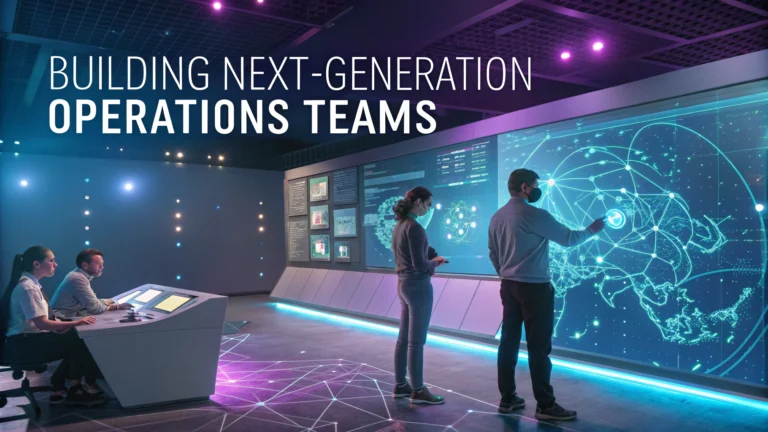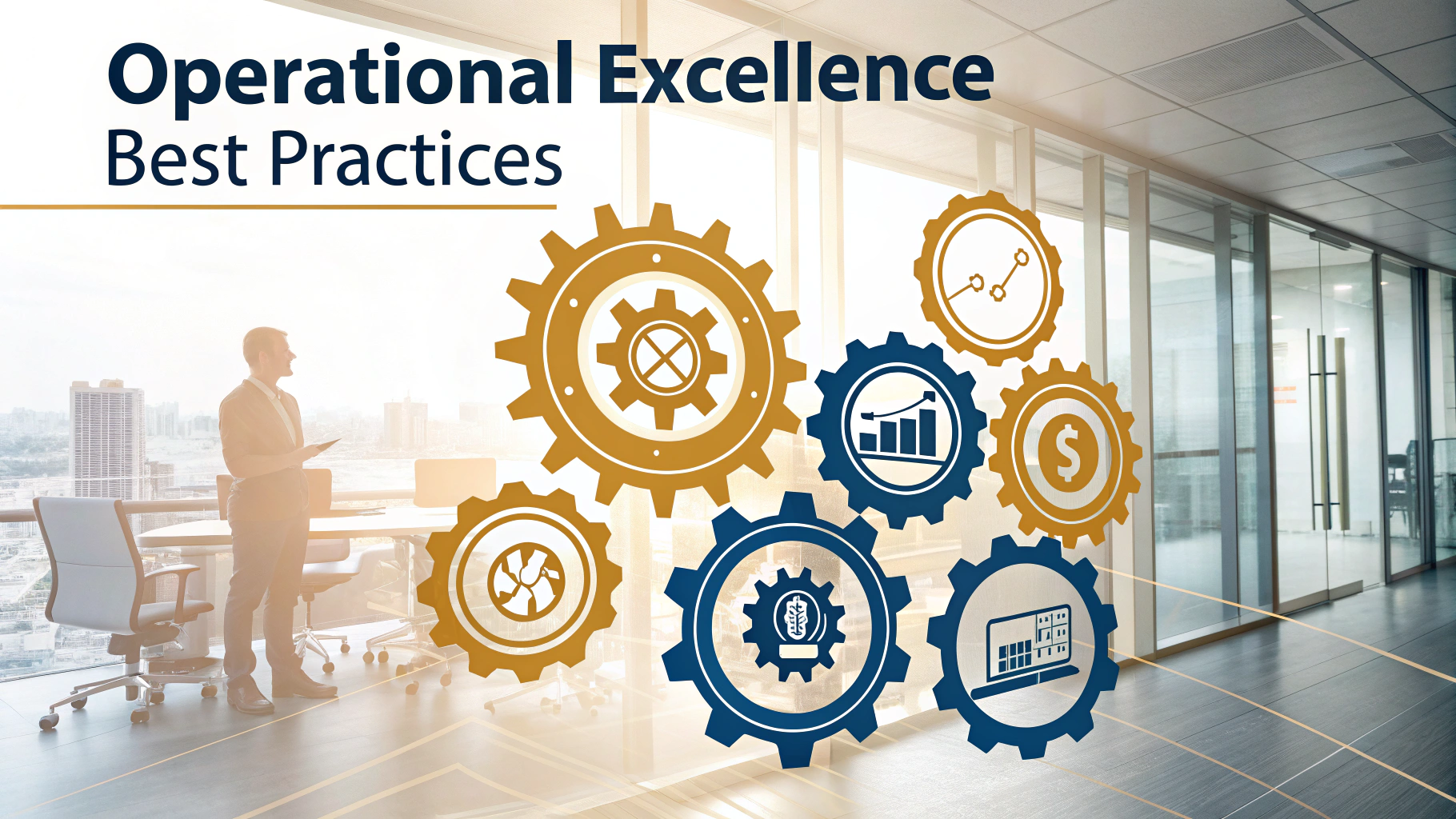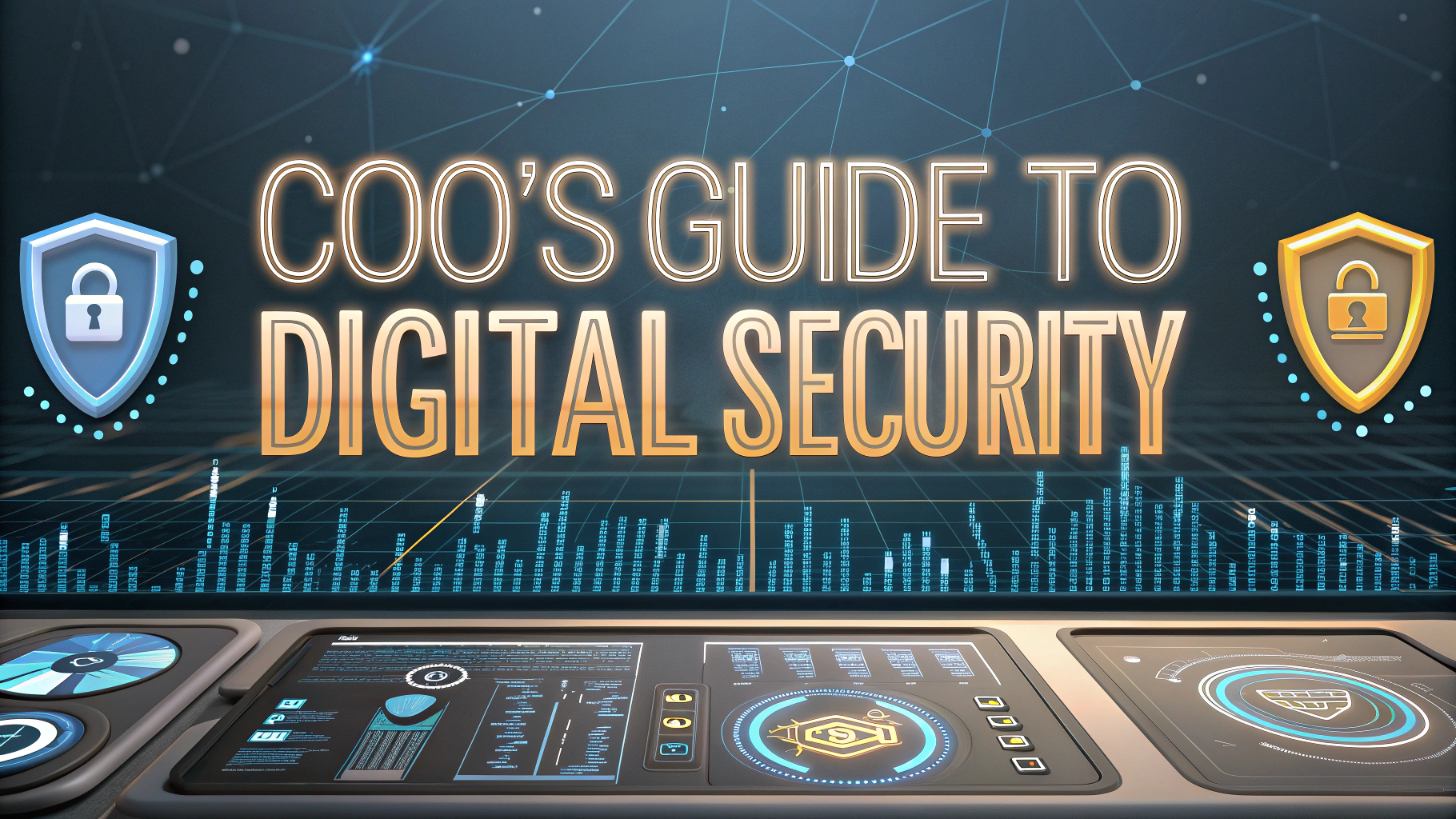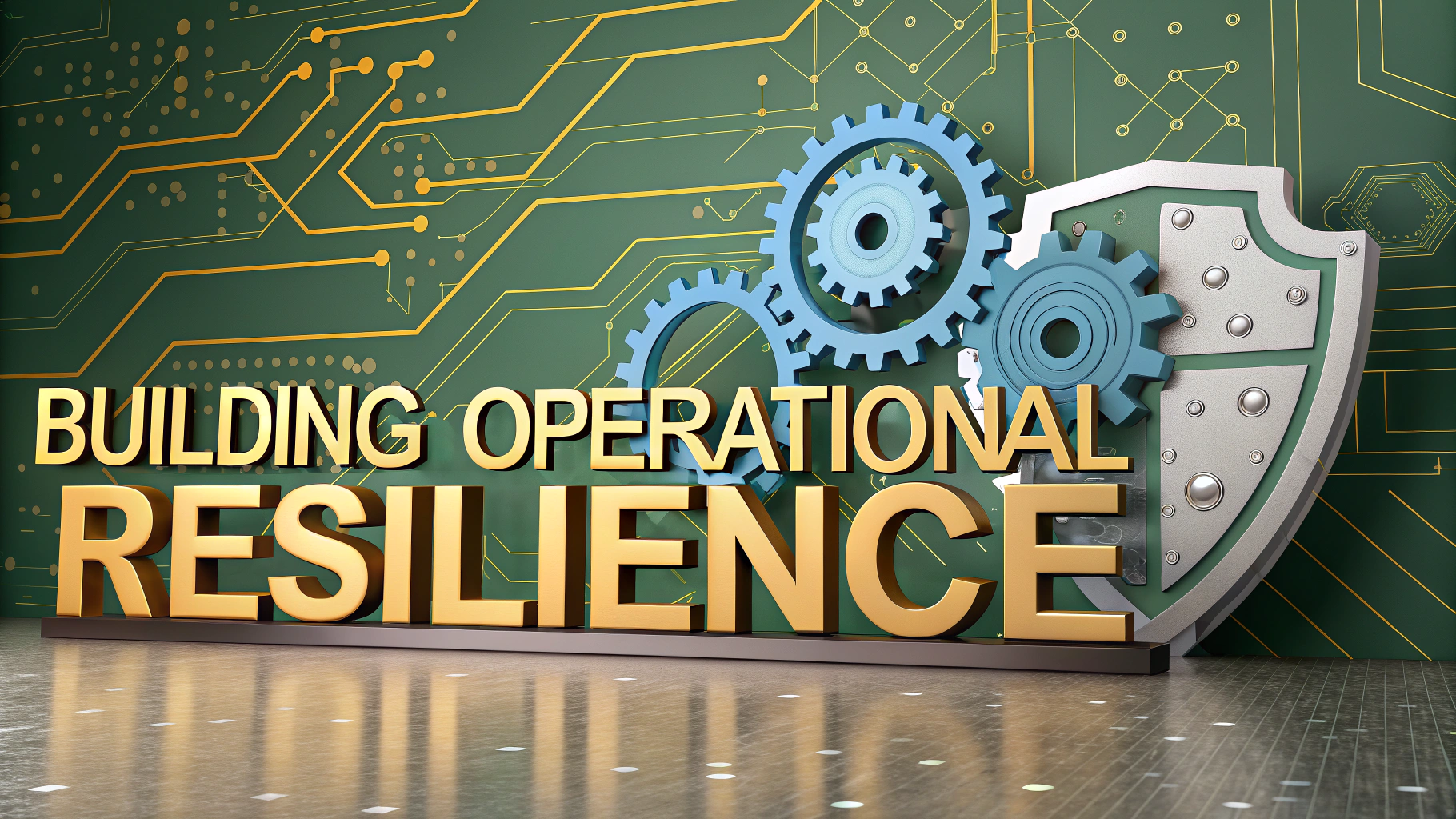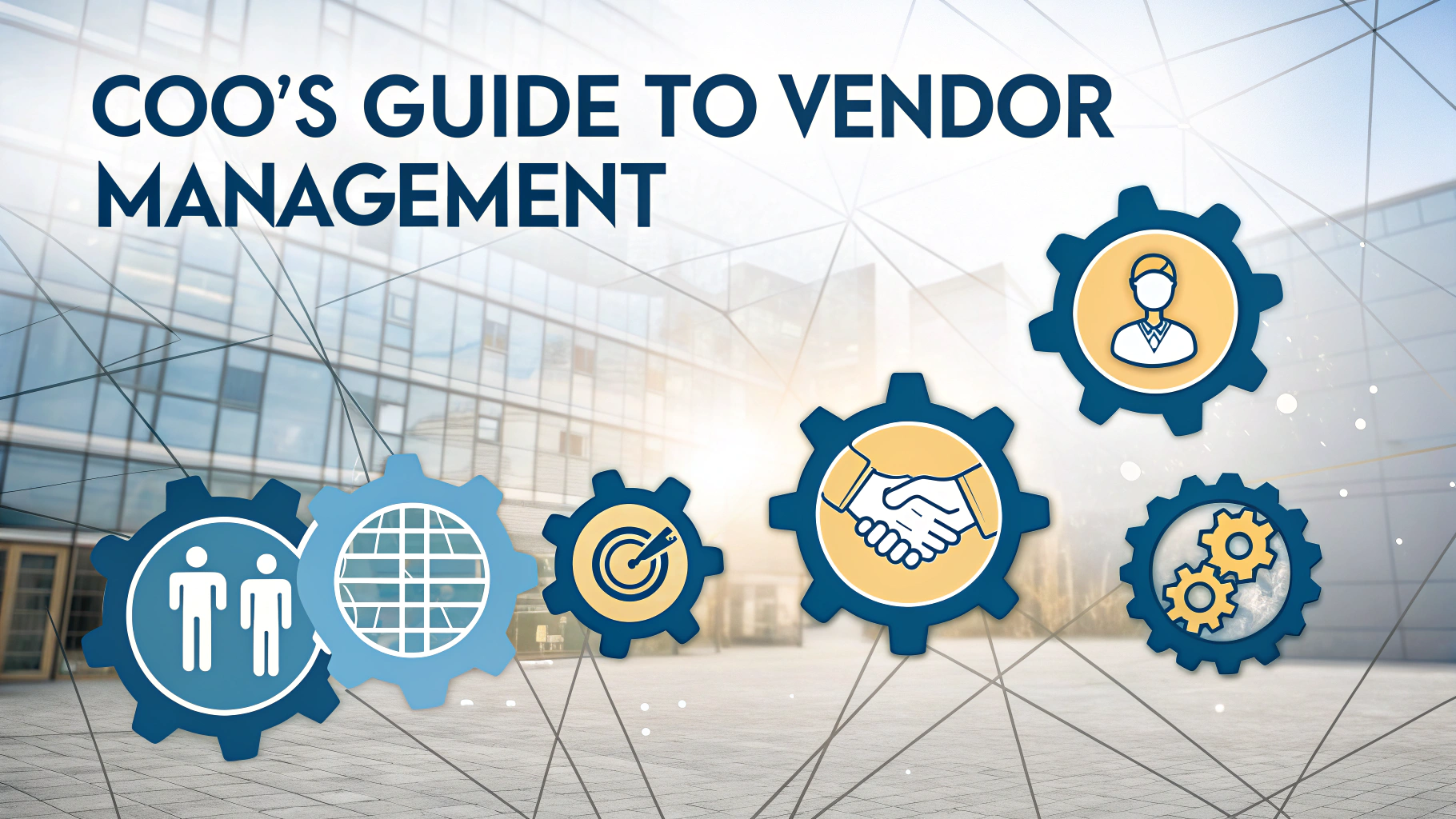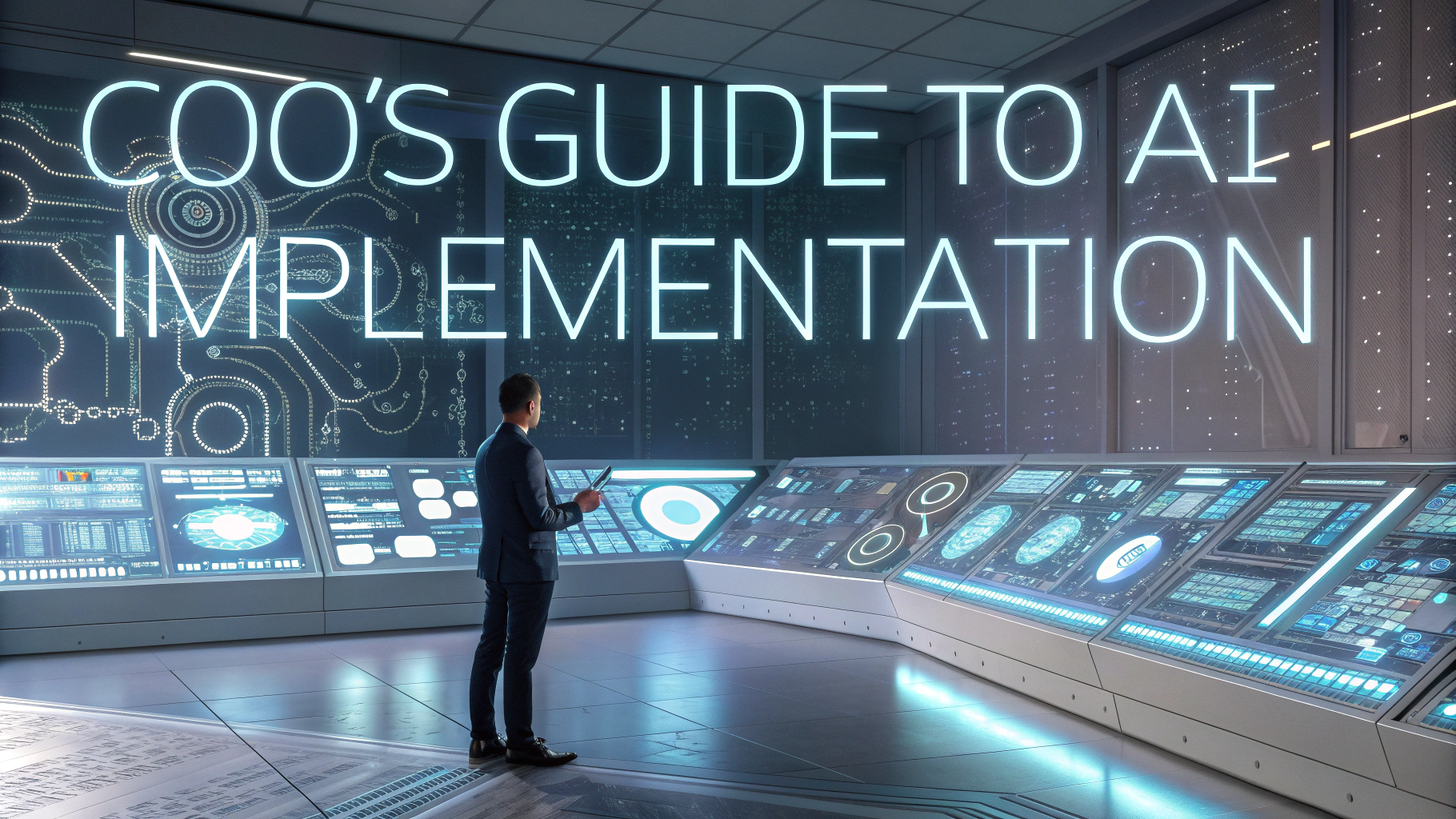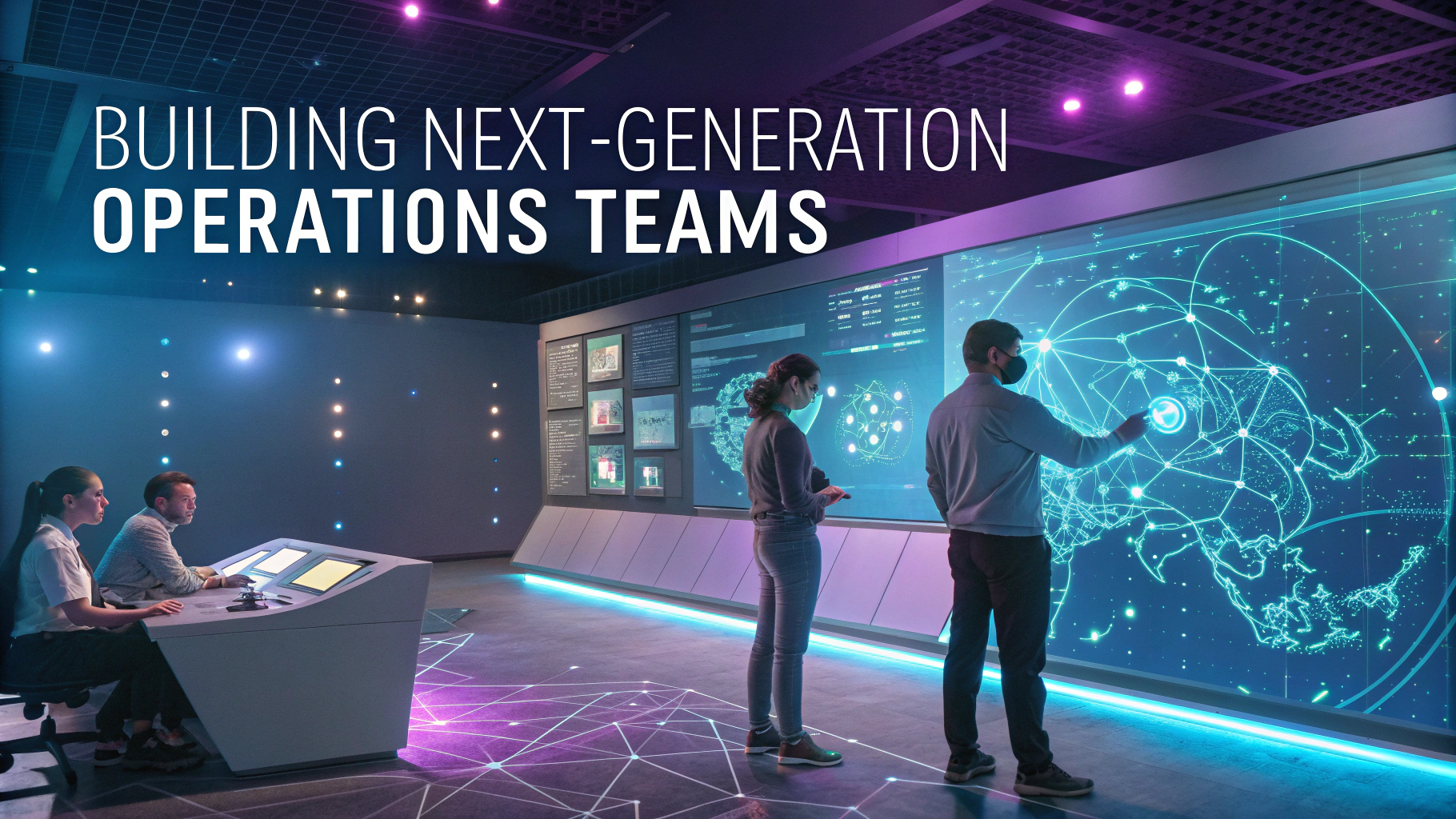Building high-performing operations teams requires strategic planning, clear processes, and exceptional leadership skills.
Modern operations teams face complex challenges across technology, workflow optimization, and team management that demand innovative solutions.
This guide outlines practical steps for developing next-generation operations teams that can drive organizational success through improved efficiency and strategic execution.
Core Elements of Next-Gen Operations Teams
- Data-driven decision making capabilities
- Cross-functional collaboration skills
- Agile methodologies adoption
- Technical proficiency
- Change management expertise
Team Structure and Roles
A well-structured operations team typically includes operations managers, process improvement specialists, data analysts, and technical support staff.
| Role | Primary Responsibilities |
|---|---|
| Operations Manager | Strategy development, team leadership, resource allocation |
| Process Specialist | Workflow optimization, efficiency improvements, documentation |
| Data Analyst | Performance metrics, reporting, insights generation |
| Technical Support | System maintenance, troubleshooting, technical implementations |
Essential Technology Stack
- Project Management Tools: Asana, Monday.com, or Jira
- Communication Platforms: Slack, Microsoft Teams
- Data Analytics: Tableau, Power BI
- Process Documentation: Confluence, Notion
- Automation Tools: Zapier, UiPath
Building Team Capabilities
Implement regular training programs focusing on both technical and soft skills development.
- Regular skill assessment and gap analysis
- Personalized learning paths
- Mentorship programs
- Cross-functional training
- Leadership development
Performance Metrics and KPIs
- Operational Efficiency: Process completion times, resource utilization
- Quality Metrics: Error rates, customer satisfaction scores
- Team Performance: Project completion rates, response times
- Financial Impact: Cost savings, revenue contribution
Best Practices for Team Success
- Establish clear communication channels and protocols
- Define and document standard operating procedures
- Create feedback loops for continuous improvement
- Implement regular team check-ins and reviews
- Foster a culture of innovation and experimentation
Moving Forward: Strategic Growth
Regular assessment of team performance against industry benchmarks ensures continuous improvement and growth.
Consider partnering with industry experts and consultants for specialized guidance (consulting.com maintains a directory of verified operations consultants).
Focus on building scalable processes that can adapt to organizational growth and market changes.
Change Management Strategies
Successful operations teams must excel at managing organizational change and transformation initiatives.
- Develop comprehensive change management frameworks
- Create stakeholder communication plans
- Monitor adoption metrics and resistance points
- Implement feedback mechanisms
- Celebrate quick wins and milestones
Risk Management and Compliance
Modern operations teams need robust risk management protocols to ensure business continuity and regulatory compliance.
- Risk Assessment: Regular audits and vulnerability analysis
- Compliance Monitoring: Industry standards and regulatory requirements
- Crisis Management: Response plans and recovery procedures
- Documentation: Policy maintenance and update protocols
Innovation and Digital Transformation
Technology Integration
- AI and machine learning implementation
- Process automation opportunities
- Cloud technology adoption
- Digital workflow optimization
Innovation Culture
- Innovation labs and workshops
- Idea management systems
- Experimentation frameworks
- Cross-industry learning
Empowering Operations Excellence
Building next-generation operations teams requires a balanced approach combining technology, people, and processes. Focus on continuous improvement, adaptability, and strategic alignment with organizational goals.
Invest in team development, embrace digital transformation, and maintain agile practices to stay competitive in an evolving business landscape.
Remember that successful operations teams are those that can effectively bridge strategic vision with tactical execution while fostering a culture of innovation and excellence.
FAQs
- What is the primary role of a next-generation operations team?
A next-generation operations team focuses on digital transformation, data-driven decision making, and automated processes while ensuring operational excellence across all business functions. - How does artificial intelligence integrate into modern operations teams?
AI integrates through predictive analytics, automated workflow management, intelligent resource allocation, and machine learning algorithms that optimize operational efficiency and decision-making processes. - What skills are essential for next-generation operations team members?
Key skills include data analytics, digital literacy, process automation expertise, change management, agile methodology understanding, and strong cross-functional collaboration abilities. - How do next-generation operations teams differ from traditional ones?
Next-generation teams are more tech-savvy, data-centric, and agile, focusing on predictive rather than reactive management, with emphasis on digital tools and real-time analytics. - What technology platforms are crucial for modern operations teams?
Essential platforms include cloud-based management systems, enterprise resource planning (ERP) software, business intelligence tools, automation platforms, and integrated communication systems. - How do next-generation operations teams measure success?
Success is measured through real-time KPIs, predictive performance metrics, customer satisfaction scores, operational efficiency ratios, and data-driven ROI measurements. - What are the key challenges in building a next-generation operations team?
Major challenges include digital transformation resistance, legacy system integration, talent acquisition and retention, cybersecurity concerns, and maintaining human-centric approaches while automating processes. - How can organizations transition from traditional to next-generation operations?
Organizations can transition through phased digital transformation, upskilling existing staff, implementing modern technology solutions, establishing data-driven cultures, and developing clear change management strategies. - What role does remote work capability play in next-generation operations?
Remote work capability is essential, requiring cloud-based systems, collaborative tools, virtual team management protocols, and secure digital workflows that enable seamless operations regardless of location. - How do next-generation operations teams handle crisis management?
They utilize real-time monitoring systems, predictive analytics for risk assessment, automated response protocols, and integrated communication platforms for rapid, data-informed decision making during crises.
